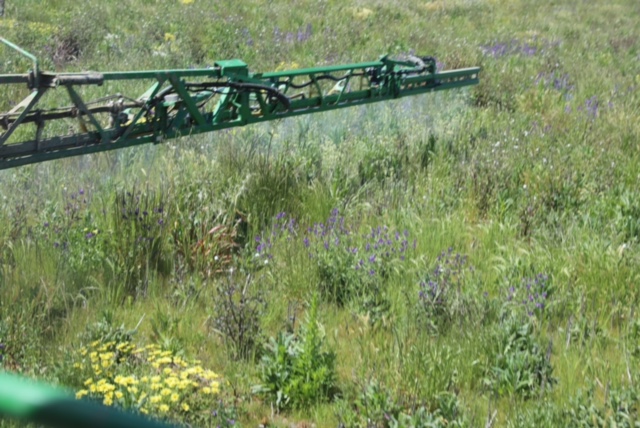Herbicides, also known as weedkillers, are chemical substances used to control and kill unwanted plants (weeds), leaving the desired plants unharmed. While these products are very useful for farmers, they are not always safe. In fact, many herbicides that were in common use around the world a few years ago are slowly being banned.
In this blog post, we will look at a few herbicides that are used or have been used in Australia and some of the risks they posed that led to them being banned or reviewed for safety here and overseas.
Atrazine
Atrazine is one of the most widely used herbicides in Australian agriculture. It was banned in the European Union (EU) as it was found to be an endocrine blocker. This means it would severely disrupt the hormones of animals that were exposed to it. In some cases of Atrazine exposure, chemical castration occurred. Studies in humans suggested there were similar risks which prompted the ban. In the United States of America, Atrazine is frequently found in drinking water, sparking concerns over how far it can travel from where it has been used.
Diuron
Diuron is a broad-spectrum herbicide, most commonly used by the sugar cane industry in Australia. Due to concerns over its toxicity, and the threat posed to people, a Diuron ban was implemented by the Australian Pesticides and Veterinary Medicines Authority (APVMA) in 2011. After lobbying, the APVMA reviewed the ban and rescinded it in 2012. Other countries have maintained their ban on Diuron, top ensure the population is protected from the risks.
Glyphosate
Glyphosate is another herbicide that is widely used in Australia but banned in other countries. While each country has different reasons for the ban, the common thread is the health risks that Glyphosate poses to the population. Sri Lanka points to the link between Glyphosate’s use and chronic kidney disease, while Argentina have demonstrated that it can be linked to birth defects and neurological diseases. The World Health Organisation (WHO) have also announced that Glyphosate is a probable carcinogen for humans, making its use very dangerous. In addition to the health risks, weed species are increasingly showing resistance to Glyphosate, vastly reducing its effectiveness as an herbicide.
Alternatives
The herbicides mentioned above may not be banned in Australia but that does not mean they are safe. So what alternatives exist for farmers? Natural Water Solutions now distribute the FarmSafe Weed Terminator. A non-selective herbicide, free from Glyphosate, environmentally sustainable and cost competitive.
If you’re interested in an alternative weedkiller that is safer and more effective than Glyphosate, contact Natural Water Solutions today on 1800 226 303.

